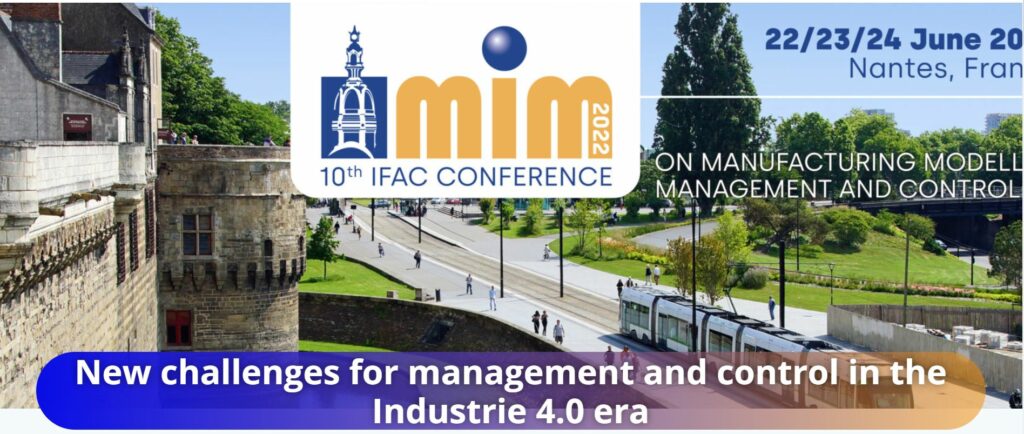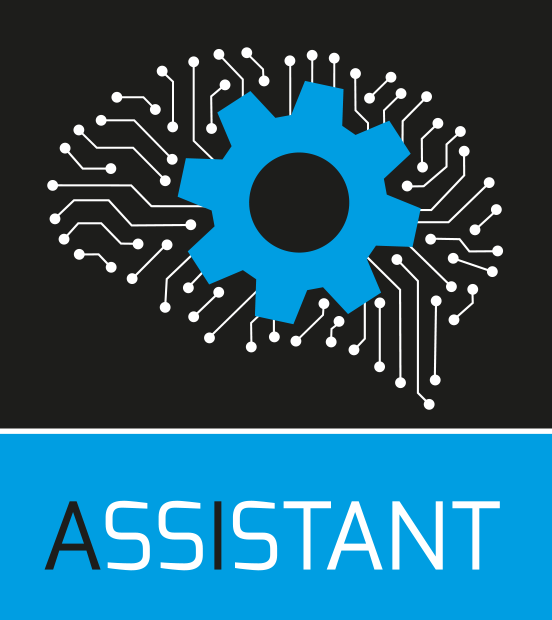
This is to inform you that ASSISTANT project is organizing a session at the MIM 2022 conference on the New Challenges for Management and Control in the Industrie 4.0 era. The conference will be held in Nantes from June 22, 2022 to June 24, 2022. Submit your paper on the conference portal (https://hub.imt-atlantique.fr/mim2022/) by using the following code (2x2jy) for ASSISTANT session. Below the description of the proposed session:
Manufacturing companies are increasingly adopting information technologies to have a complete and accurate view of their processes on the shop floor. Such technologies are often referred to as the “internet of things”(IOT), and they include: RFID, various automatic sensors on machines and products, manufacturing execution systems, among others. Technologies to collect and store the IOT data are available, and this data is extremely valuable since it can yield better decisions at each level (strategic, tactical, operation, control). On the one hand, this data can be used to improve the accuracy of decision models for process planning, production planning, and scheduling. This includes the automatic learning of constraint programming and mathematical programing algorithms, as well as the inclusion of uncertainty within these models. On the other hand, machine learning algorithms may be trained based on this data to improve the quality of the processes, and to control the production. In this context, this session welcomes original theoretical approaches and new applications of data driven approaches for manufacturing decisions. Papers related to the following topics are appropriate for the session:
• Stochastic and robust optimization for process planning and production planning.
• Model acquisition, hybrid of machine learning and mathematical programming.
• Data driven simulations and simulation-optimization approaches for shop floor scheduling and control.
• Machine learning based algorithm for quality control • Human detection approaches for human robot collaboration.
